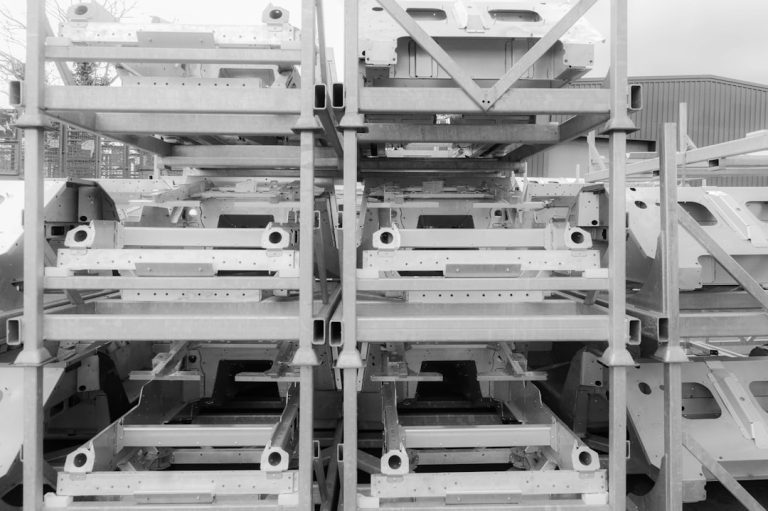Industrial environments demand materials that can handle stress, heat, and constant use. That’s where engineering plastics step in, providing strength and versatility across a wide range of sectors.
They’ve become a reliable choice for industries seeking alternatives to heavier and less adaptable materials. If you want to know where they perform best, read on to discover the industries where these plastics deliver the greatest advantages.
Automotive And Transportation
The automotive sector relies heavily on engineering plastics to reduce weight and improve efficiency. Components like fuel systems, gears, and interior fittings benefit from their strength and durability.
Because plastics are lighter than metals, vehicles consume less fuel and generate fewer emissions. This advantage is equally important in public transport systems where efficiency and long-term performance matter most.
Aerospace And Aviation
In aerospace, every gram counts. High-performance plastics replace metals in cabin interiors, ventilation systems, and structural components.
Materials like PEEK withstand high temperatures and pressure changes, making them ideal for aircraft. By reducing weight without losing strength, high-quality engineering plastics help aircraft operate more efficiently while still meeting strict safety standards.
Food Processing And Packaging
Cleanliness and safety are non-negotiable in food production. Engineering plastics such as acetal and UHMWPE are widely used in conveyor belts, gears, and cutting surfaces because they resist chemicals and are easy to sanitise.
They also don’t corrode like metals, which makes them a safer choice for direct contact with food. By using these materials, plants maintain hygiene standards and reduce the risk of contamination.
Electronics And Electrical Applications
Electrical insulation is another area where plastics excel. Components like circuit boards, casings, and connectors rely on their non-conductive properties.
They resist heat and can withstand long-term use without degrading, which is vital in environments where safety and reliability are paramount. With the growth of renewable energy and automation, plastics continue to be essential in protecting sensitive equipment.
Medical And Pharmaceutical Industries
Hospitals and pharmaceutical plants need materials that balance hygiene, safety, and performance. Plastics are used in surgical instruments, trays, and cleanroom equipment because they’re durable and easy to sterilise.
They also reduce the risk of cross-contamination, which is critical in these settings. By replacing heavier materials, plastics make tools easier to handle without compromising strength.
Construction And Heavy Industry
Engineering plastics also find a home in construction and manufacturing plants. From protective barriers to machine parts, their resilience to impact and chemicals makes them suitable for tough environments.
Plastics such as nylon and polycarbonate are valued for their ability to perform under constant pressure, whether in conveyor systems, safety shields, or structural fittings.
Wrapping Up
From building safer food processing plants to designing lighter vehicles and aircraft, engineering plastics are shaping modern industry. Their strength, hygiene benefits, and versatility allow them to replace traditional materials in areas where performance and durability are key. By knowing where they’re best applied, you’ll understand why these materials are at the centre of many industrial operations.


